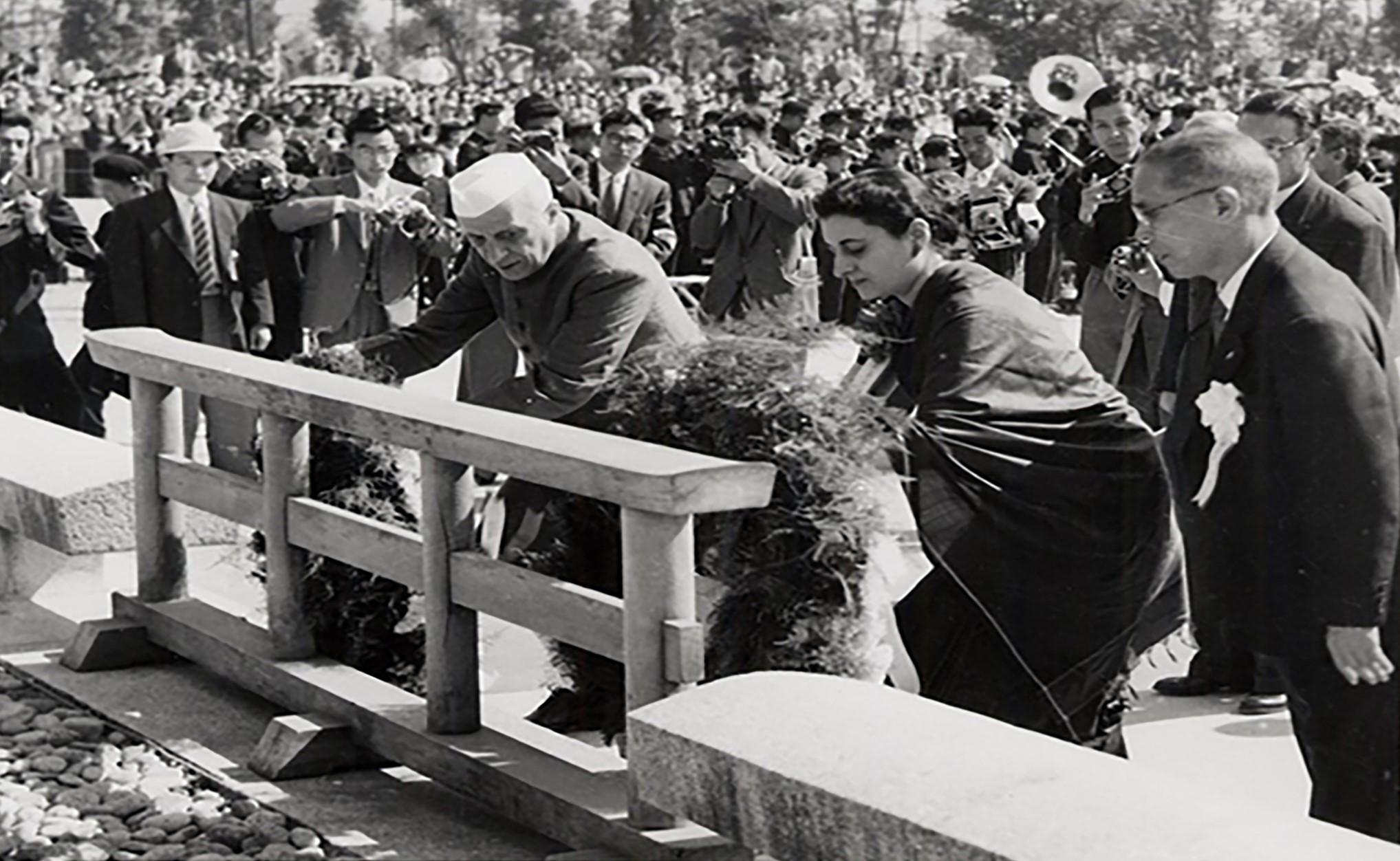The virtual seminar will be held from 12:30 to 2:00 p.m. (E.T.)
Nuclear science and technology began to attract interest among leaders and scientists in India in the 1930s. The US use of atomic weapons against Japan in 1945 drew public condemnation from Mahatma Gandhi. Following Indian independence from the British Empire in 1947, one of the first decisions by India’s government was an Atomic Energy Act establishing a national nuclear research program. This presentation will use archival material from the Tribune, a prominent Indian newspaper, to explore Indian media coverage of nuclear technology and the views expressed by political and scientific leaders in the decade and a half between the atomic bombings of Hiroshima and Nagasaki and the Cuban Missile Crisis of 1962.
About the speaker:
M.V. Ramana is a visiting researcher at the Princeton Program on Science and Global Security (SGS) for spring 2024. He is the Simons Chair in Disarmament, Global and Human Security and professor at the School of Public Policy and Global Affairs, University of British Columbia. He was formerly a researcher at SGS and at the Centre for Interdisciplinary Studies in Environment and Development, Bangalore, India. He is the author of The Power of Promise: Examining Nuclear Energy in India (2012) and Nuclear is not the Solution: The Folly of Atomic Power in the Age of Climate Change (2024, forthcoming), and co-editor of Prisoners of the Nuclear Dream (2003). He is a recipient of a Guggenheim Fellowship and the American Physical Society’s Leo Szilard Award.
